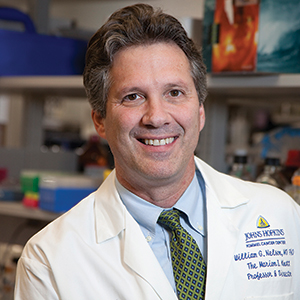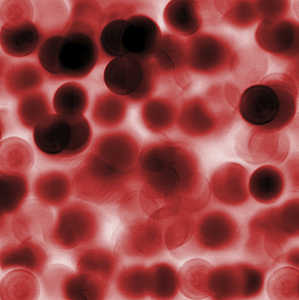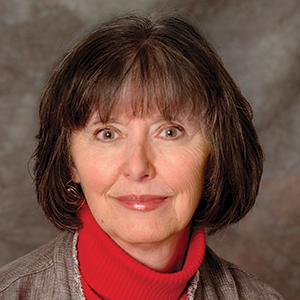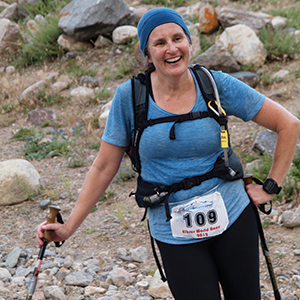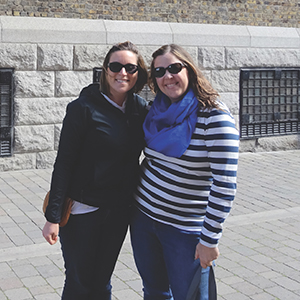Spring 2016 Vol. 06 Issue 01
-
From the Editor-in-Chief
Cancer Research: Back to the BasicsMore basic research is needed to understand how various alterations in genes lead to cancers.
by William G. Nelson, MD, PhD
-
Editor's Letter
Shoot for the MoonHow can Vice President Joe Biden's "Moonshot" initiative make true progress against cancer?
by Kevin McLaughlin
-
Your Cancer Guide
Contemplating CAMComplementary and alternative medicine (CAM) can supplement, but not replace, established cancer treatments.
by Hester Hill Schnipper
-
Caregiving With Confidence
When Roles ChangeFollow these tips for keeping your sense of self despite a shift in responsibilities.
by Carly O'Brien
-
Practical Pointers
Do You Have Questions for Your Health Care Team?Make the most of email, text messages, Twitter and patient portals.
by Ide Mills
-
The High-Deductible Gamble
High-deductible health insurance plans can leave cancer patients scrambling to pay the bills for tests and treatments.
by Charlotte Huff
-
The Power of 1
Studies focused on individuals rather than large numbers of people can help some patients while advancing knowledge.
by Stephen Ornes
-
Survivor Profile
Living in the Here and NowA metastatic melanoma survivor is hopeful but realistic as new treatments become available.
by Jenny Song
-
Q&A
Easing Into ActivityCancer exercise specialist and survivor Julie Goodale offers tips for staying active during and after treatment.
by Ronni Gordon
-
Sound Advice
Your Questions, Our AnswersWhen a family member wants to stop treatment, addressing post-treatment anxiety and sadness, and considering a clinical trial.
-
Get Involved
The Gift of a GetawayGive patients and their families a break from cancer.
by Maria Wolf
-
In the Moment- Spring 2016
Colleen Bokor, Dana Stewart, Brittany Avin.
Christine Ledbetter on the ways her husband’s prostate cancer affected their relationship and finding support as a caregiver.
by Christine Ledbetter
Continuing the ConversationThe AACR hosts a roundtable to ‘get real’ about cancer health disparities.
by Marci A. Landsmann
More Patients Participating in Cancer ResearchA higher proportion of cancer patients are enrolling in research studies than previously thought, but many patients lack the access needed to participate.
by Kyle Bagenstose
Immunotherapy Drug Tarlatamab Approved for Advanced Small Cell Lung CancerThe drug showed promise in treating small cell lung cancer that had progressed during or after chemotherapy.
by Laura Gesualdi-Gilmore



